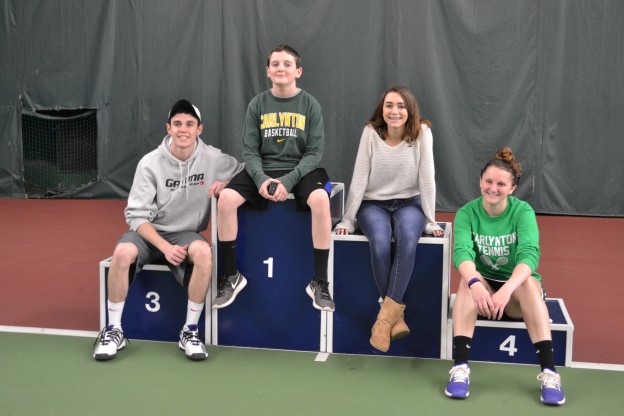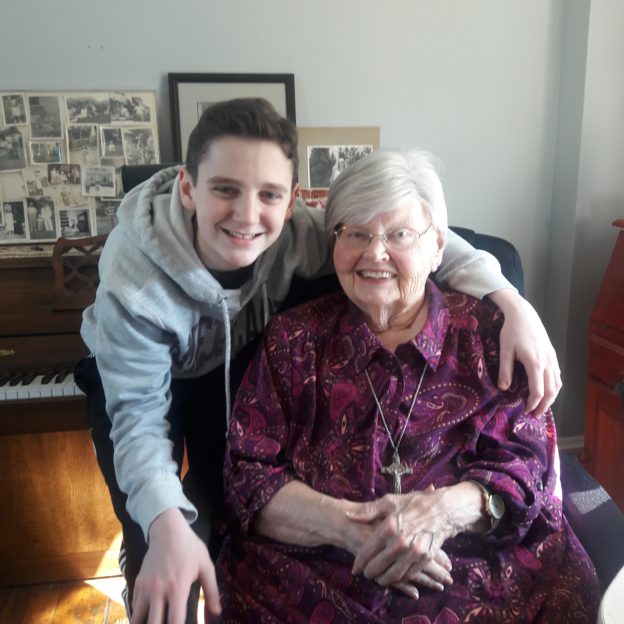I don't read blogs much anymore so I haven't been inspired to blog myself.
The idea of creating a record of this weird time does interest me.
It's been 8 weeks since PA started to close down.
Mark's last day of school was March 13. I kept him home the day before because I knew it was imminent and I thought it was ridiculous that schools were still open.
Kate got out of Europe just in time for a relatively smooth experience through airports. She had decided the day of Trump's press conference to come home and booked a flight hours before he made the announcement. Her flight arrived in Pittsburgh about 8pm on March 12. She avoided delays, crowds and bottlenecks at customs. She self-quarantined for 2 weeks but by the time she was out, everyone else was quarantined.
Luke spent most of that week in Florida training and hoping to play a couple of matches which were canceled. Then he spent a stupid night in Cleveland partying with his teammates and arrived here Sunday afternoon with three of his teammates. Two of the teammates left later that afternoon with rumors of a national lockdown. The other left the next day.
Hannah's company moved their equipment out of the co-work space the same week.
Big Mark's club closed about the same time that schools closed. He was offered 30 hours a week at half pay for about 2 weeks doing odd jobs inside the club until the 3rd week in May then he went on unemployment.
Things were crazy that first couple of weeks. Things were closing, people were hoarding toilet paper. You had no idea if we were going to experience death tolls like China, Italy and Spain. It was freaky and the month of March 2020 felt like a decade.
April wasn't quite as chaotic but then time became irrelevant. Anchored by food and trips to the grocery store.
Every day felt like Groundhog Day. The same over and over. There was nowhere to go. There was nothing to do. Some people got busy on house projects.
I can't work with people underfoot. I made some masks and was happy for the distraction and the reason to hide out in the basement.
A lot of PokerHoops happened as Ron figured out a way to deal via video conference. (Fucking technology!)
We had a couple of family Zoom meet ups. For the most part, though, everything continues to be the same.
Kate turned 20. Mark will "graduate" in a couple of weeks. Things are supposed to loosen up with restrictions tomorrow.
I intend to buy some rum and brandy (for Sangria).
We're hoping to go to the cabin with the kids on Saturday. We need a change of scenery.






